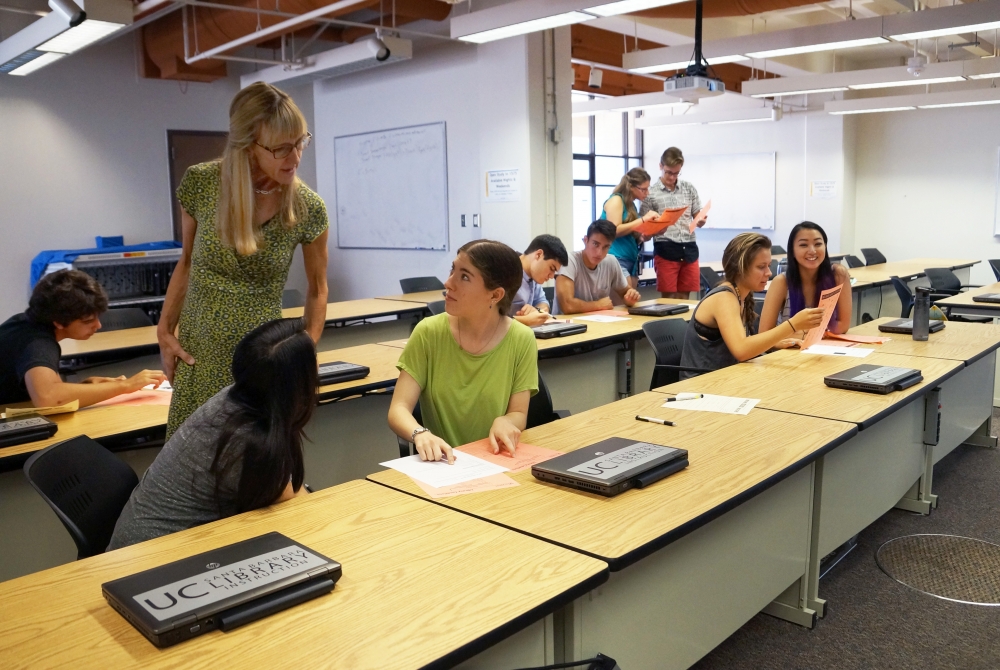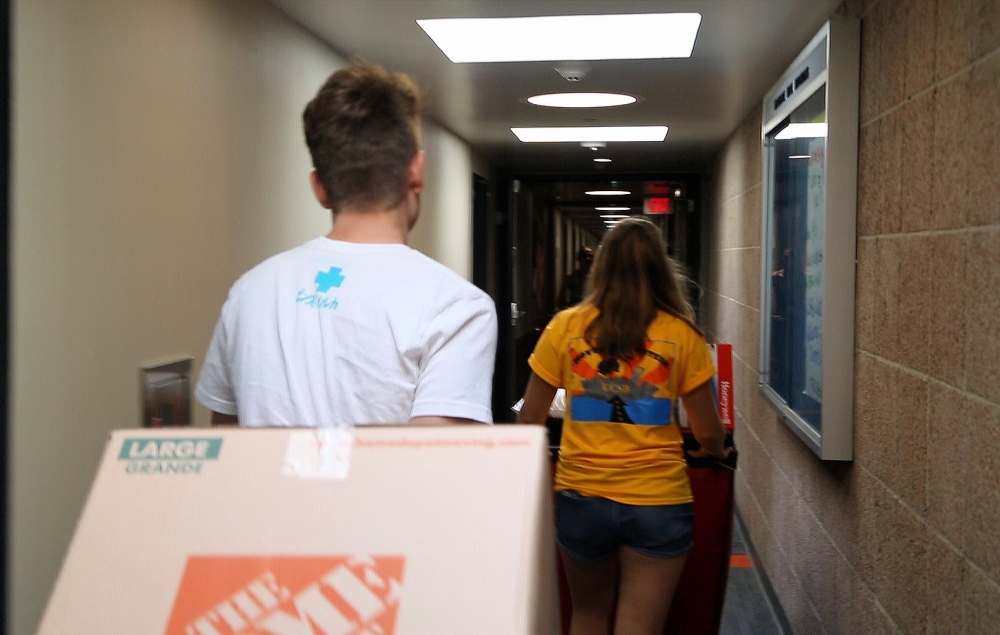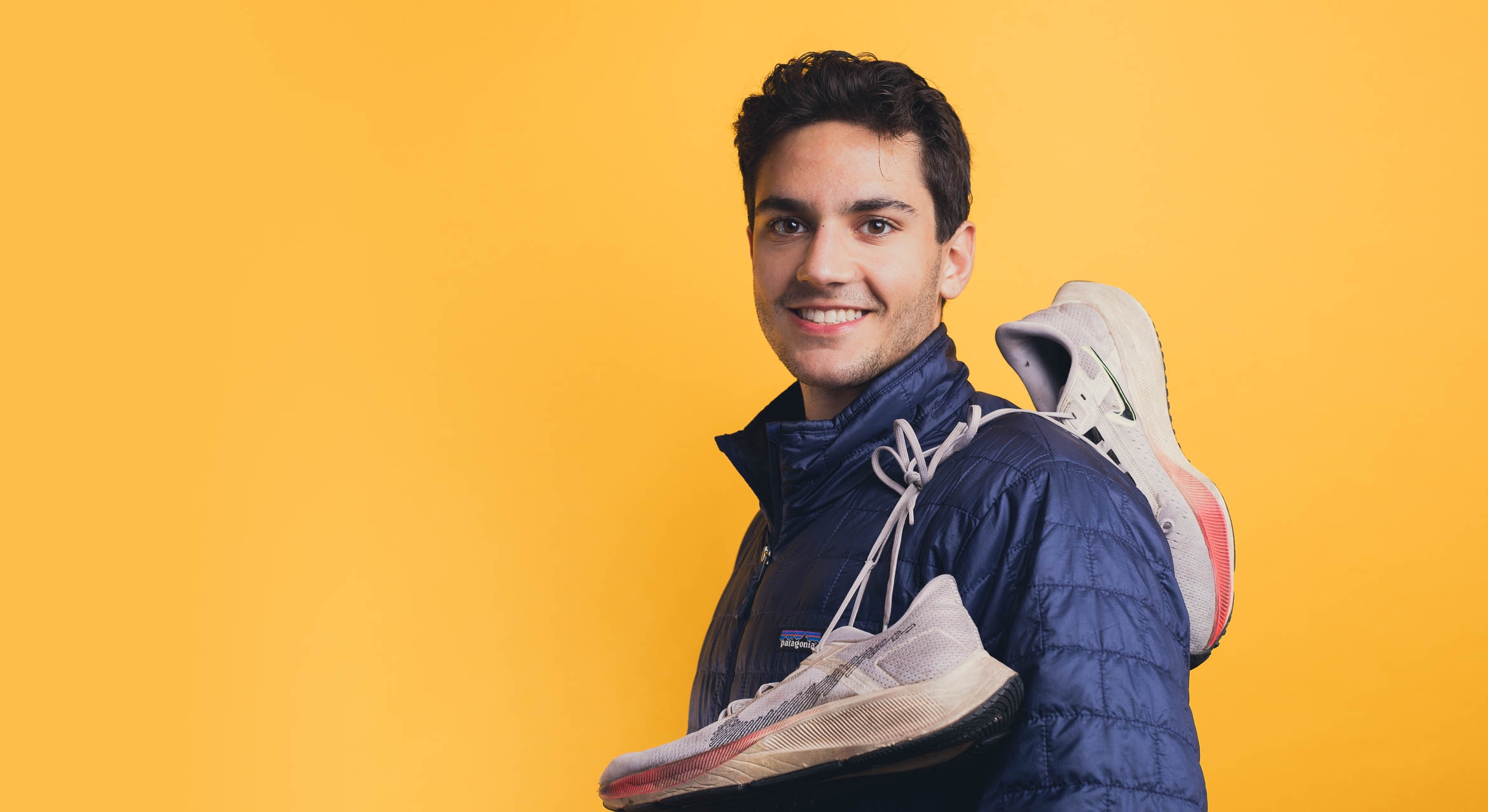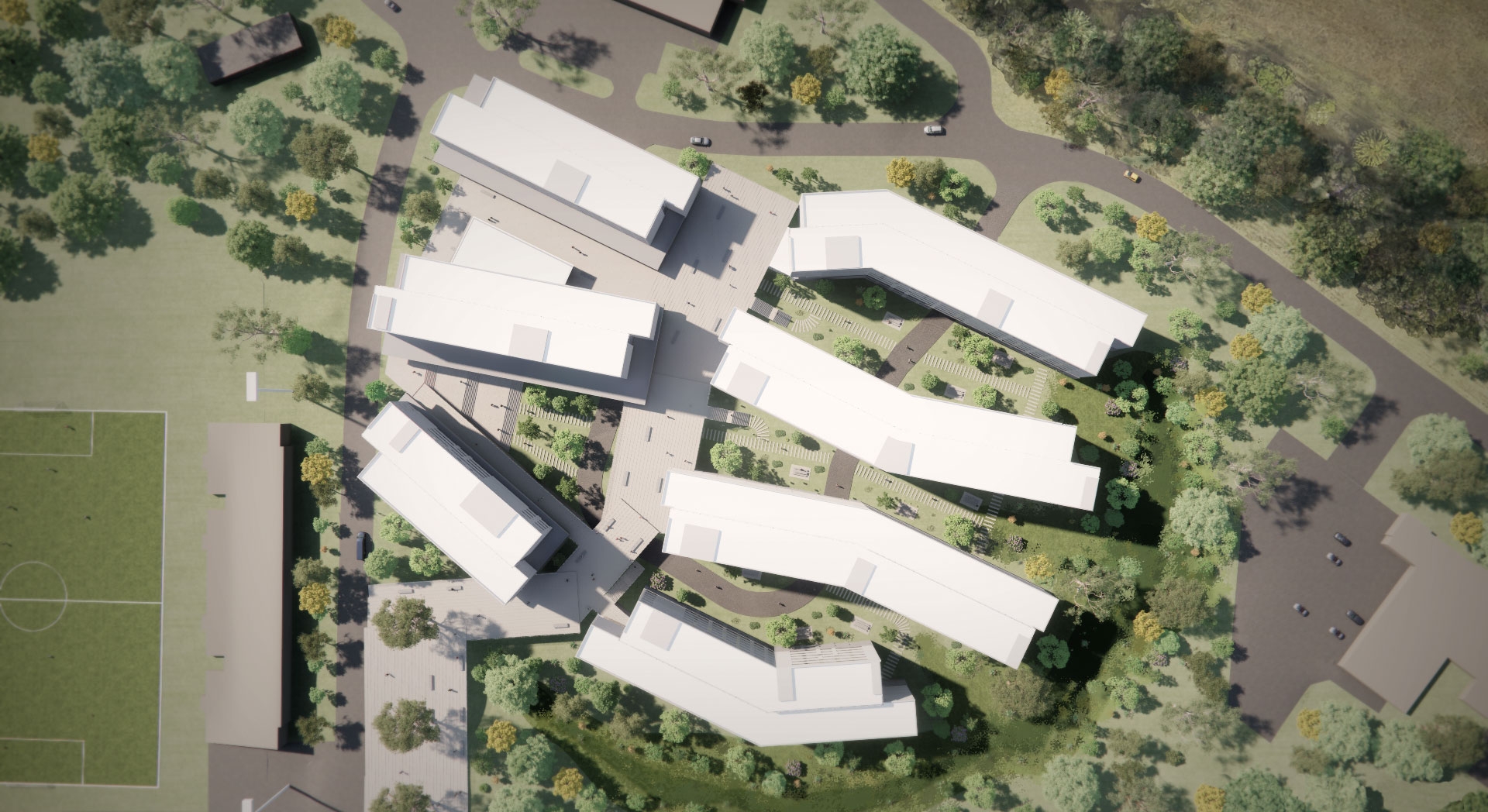A Head Start on the Future
You’re young, you’re smart, you’ve just graduated high school. With an acceptance letter from UC Santa Barbara in your pocket, you have plans — big plans — and the energy to execute them.
So who needs three months of summer break?
Not the 400 or so enterprising students who have opted to get a jump on their college careers by participating in UCSB’s Freshman Summer Start Program (FSSP). They take up residence in the campus’s San Nicolas Hall, and for the six weeks that constitute UCSB’s summer session “B,” they get a feel for the college routine. For most, if not all of the 17-19 year-olds, this marks their first experience living away from home.
“The program’s two major goals are to transition the students to university life in a supportive environment, and to give them a head start,” said FSSP Director Ralph Gallucci, who is also a lecturer in UCSB’s classics department.
Most of this year’s group of freshmen are studying pre-biology, pre-psychology and economics. All tend to be highly driven: students whose majors carry a heavy courseload and those who need to complete prerequisites for their majors. Participants can choose from 90 lower-division courses this year, and can earn up to 13 units of credit before the fall quarter even begins.
The program offers financial benefits as well. Summer Session fees are the same for all students, even out-of-state and international. In addition, Gallucci added, if the freshmen maintain their progress, it’s possible they can graduate in three years, which is also a financial boon.
But just as useful as the academic offerings — which include freshman seminars and honors sections — are the enrichment courses. These offer the kind of information a freshman needs in order to find research opportunities, decide on a major or gain skills needed to flourish in the university environment.
“The open web is no longer what they’re going to be using for research,” said UCSB librarian Jane Faulkner, who teaches a course on how to navigate the UCSB Library. Students needs to understand how to use article databases, interpret citations, and evaluate the source of information, she added.
“The students these days are so accustomed to sharing everything online,” Faulkner continued. “The whole culture of attribution? That’s new to them.” As a result of this proliferation of digital media, often the source of the information gets lost, or becomes difficult to assess for reliability. Faulkner’s course acquaints the students with the library’s resources, how to use it to conduct research and how to choose authoritative sources of information — skills best mastered before the pressure of a deadline looms.
The one course required for all FSSP participants is “The Modern Research University,” which introduces students to different research projects and faculty members who may play a large role in their college careers.
“A lot of the world isn’t about what you know, but who you know,” said participant Eric Matthews, 18, an economics major with the drive of an entrepreneur. Intrigued by the Technology Management Program, the College of Engineering’s tech-entrepreneur training program, Matthews came out early in part to start building his network and seek out interesting opportunities. In the process, he’s learning to improve his own productivity.
“It’s a lot of studying,” he said of his workload. The social aspect of the residence hall — and its attendant noise and camaraderie — make it a bit difficult to study in his room, he noted, so he’s found quiet in the library. He might need to adjust his study schedule, but he noted that easing into university life and refining that balance between work and play is precisely why he chose to start early.
When the participants are not in class, said Gallucci, they can be found partaking in any one of various activities available to them, including field trips, social gatherings, parties or sessions with mentors and advisers.
“It’s really a microcosm of the whole university,” Gallucci said of the people and departments that host FSSP. Faculty members, teaching assistants, resident advisers, desk staff and others collaborate with the specific intention of providing information and guidance to new students.
“FSSP provides an invaluable introduction to the university because it offers participating students many opportunities to familiarize themselves with the many services available to them,” said Carl Gutierrez-Jones, acting dean of undergraduate education at UCSB. His interests include offering students the kind of opportunities to undertake research, and other activities that may keep them engaged with their field of study in the long term. “The students in the program are constantly meeting in small groups with faculty, advisors, program staff and peer mentors who have extensive experience helping students achieve their academic goals. The advising relationships in particular are a great help to the students as they undertake their academic planning after FSSP.”
By the fall rush, with the rest of the student body returning to campus or coming for the first time, the FSSP students already have momentum.
“You leave behind the person you were in high school,” said Jennifer Kwon, 18, also an economics major. In the short time she has spent on campus this summer she has already tried various new things — from kayaking to salsa dancing — thanks to the activities offered through the program. She remains undaunted by the challenge of the next stage in her life and the responsibilities it brings, because, as she said, the support exists to help take on that task.
“Here, I’ve been really comfortable just talking with my professors, TAs and RAs,” Kwon added. Her advice to those considering the program is to step into the experience with an open mind. “People are so open and willing to help … everyone at UCSB is kind of amazing.”





